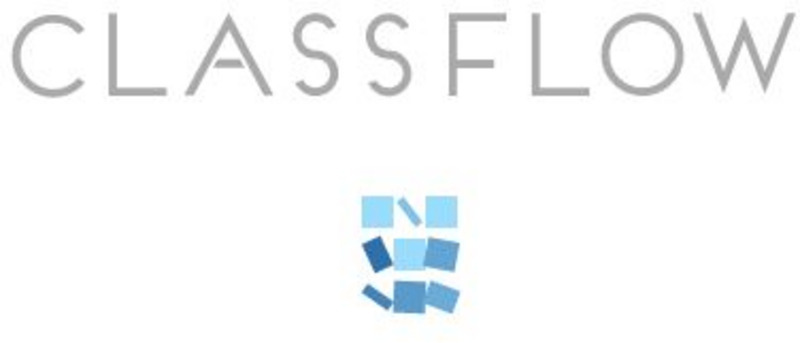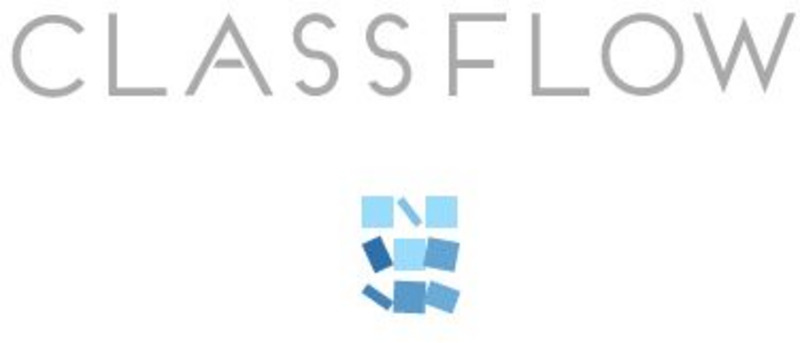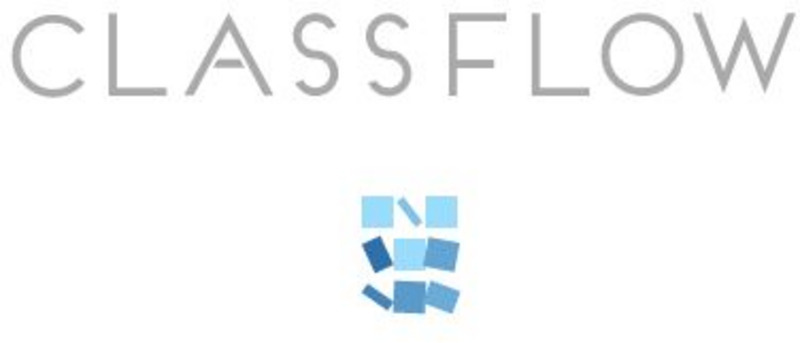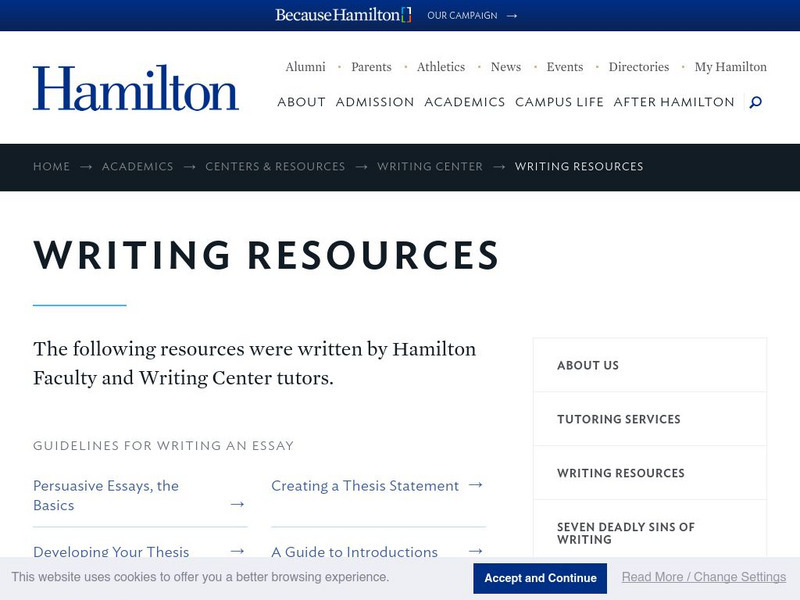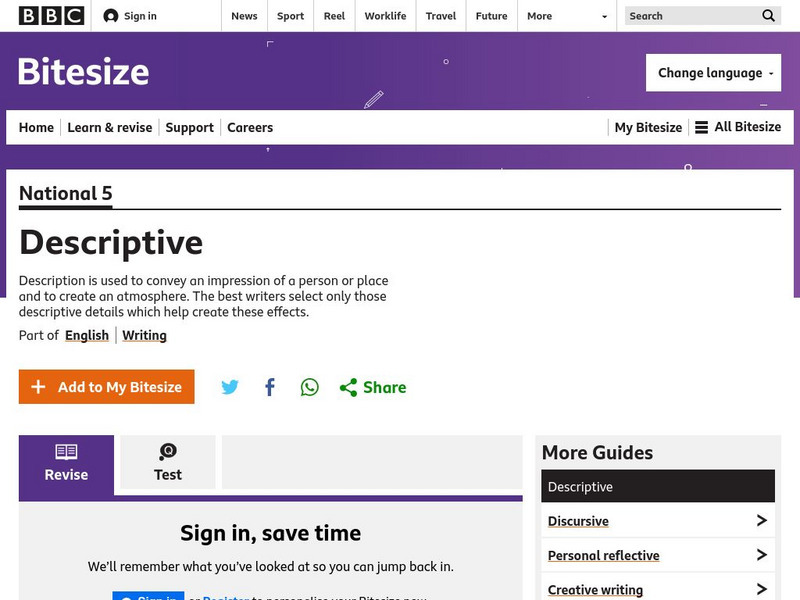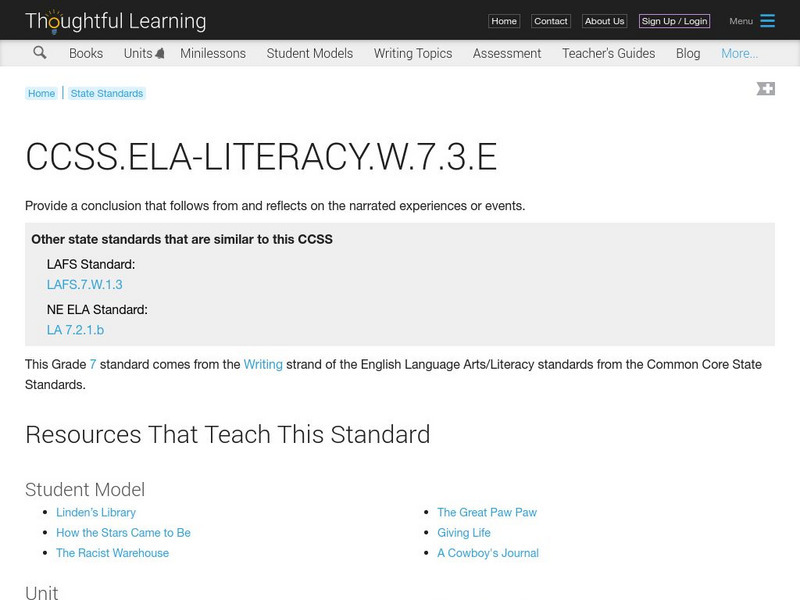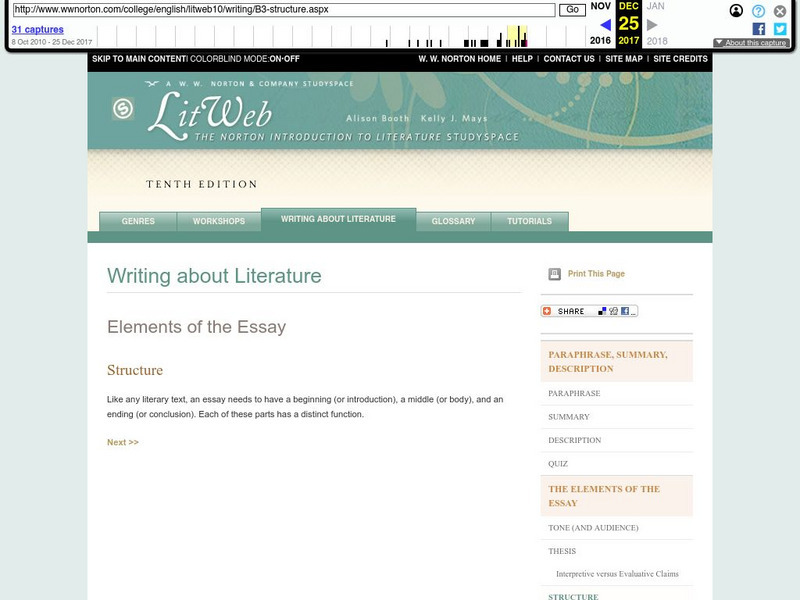TES Global
Blendspace: The Writing Process: Drafting
An eight-part learning module with websites, videos, and texts about the drafting phase of the writing process.
ClassFlow
Class Flow: Paragraph Types
[Free Registration/Login Required] This flipchart describes the four types of paragraphs, their purpose, audience, and organizing structure. Assessment questions are included.
ClassFlow
Class Flow: Spelling and Writing
[Free Registration/Login Required] Students proofread and correct mistakes in a writing piece, and then apply the writing process to create a tall tale story. Additionally, this lesson helps students understand the purposes and elements...
Mind Tools
Mind Tools: Reading Strategies
This site from Mind Tools reviews six different strategies to help you read more effectively. RI.11-12.10a Text Complexity
ClassFlow
Class Flow: Using Specific Detail
[Free Registration/Login Required] This elementary flipchart promotes creative writing using supportive details. Students will explore examples from literature and consider ways to improve their writing.
ClassFlow
Class Flow: Writing Review
[Free Registration/Login Required] In this flipchart students will interactively review the following areas of writing: parts of a paragraph; unity, coherence, and elaboration; and the 4 types of writing.
ClassFlow
Class Flow: Writing a Report or Essay
[Free Registration/Login Required] This flipchart is intended for grades 3-5 and outlines the steps in writing a report or essay.
ClassFlow
Class Flow: Writing With Pizzazz Voice
[Free Registration/Login Required] This flipchart is a lesson on one of the Six Traits of Effective Writing: Voice.
ClassFlow
Class Flow: Can You Tell?
[Free Registration/Login Required] This flipchart helps students to determine the difference between narrative and expository writing.
ClassFlow
Class Flow: Is It Narrative or Is It Expository?
[Free Registration/Login Required] This flipchart gives students the opportunity to practice with the differences between narrative and expository prompts.
ClassFlow
Class Flow: Paragraphs
[Free Registration/Login Required] Students will begin to organize stories into paragraphs, and use paragraphs in presentation of dialogue in stories. Reviews what a paragraph is and uses Humpty Dumpty as an example.
Other
Live binders.com: Reader and Task Considerations
Reader and task considerations including Cognitive Capabilities, Reading Skills, Motivation and Engagement with Task and Text, Prior Knowledge and Experience, Content and/or Theme Concerns, Complexity of Associated Tasks.
Other
Hamilton College: Guidelines for Writing an Essay
This resource presents many guidelines here that will be helpful as you write your first draft. Click on the topic you want to know more about and the guidelines will load.
BBC
Bbc Bitesize Revision: Describing People
As part of a revision and writing section of BBC Bitesize focusing on specific forms of writing, this site discusses describing people as a type of descriptive writing.
Other
Thoughtful Learning: ccss.ela literacy.w.7.3.e
Choose a lesson or unit to teach how to write a conclusion to a narrative that reflects on the narrated experience.
W. W. Norton
W.w. Norton & Company: Elements of the Essay: Structure
Click through an overview of how to structure an essay, including the introduction, body, and conclusion. Use the list on the right side to learn all of the elements of an essay.
Other
Academic Help: Writing Samples: Expository Essay Samples
Links to several examples of expository essays in order to better understand the process and end result of a well written expository essay.
Annenberg Foundation
Annenberg Learner: Literature: Creating Character
This article provides good insight into the creation of a character.
University of Victoria (Canada)
The U Vic Writer's Guide: Paragraph Unity
This writing lab site presents examples that show students poor unity within a paragraph.
Other
Oakland Writes: Student Exemplars: Eighth Grade: Literary Analysis [Pdf]
A literary analysis essay written by an eighth-grader with notes calling attention to important writing concepts evident in the essay including a well-written title, opening sentence, logical analysis, supporting details including quotes...




